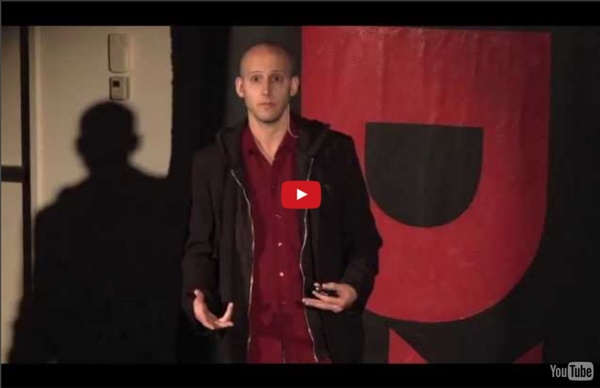



http://www.youtube.com/watch?v=N0--_R6xThs
Filatova LSI Here is the machine translation of one of Filatova's type descriptions - the LSI. If you can improve the translation and wording, please do so. Logical-Sensory Introvert LSI – ISTj – Maxim (Inspector) Installation of the consciousness in the leading block: the LSI: life must be subordinated to a defined system – both in the material world and that of human relations. Volitional efforts ensure the maintenance, refinement, and restoration of this system when it is violated. How to Open Your Spiritual Chakras: 9 Steps User Reviewed Community Q&A According to Hindu and/or Buddhist belief, chakras are vast (yet confined) pools of energy in our bodies which govern our psychological qualities. There are said to be seven main chakras in all; four in our upper body, which govern our mental properties, and three in the lower body, which govern our instinctual properties. They are: The Muladhara (root) chakra.
Filatova SLE Here is the translation of one of Filatova's type descriptions - the SLE. Sensory Logical Extrovert, SLE, ESTp, Zhukov(Organizer) The SLE defines herself by her direct force on the world. Her purpose consists of correctly designing and balancing her resources so as to organize them in the necessary direction for success: Thus things are made possible to conquer Description of strong functions 55 gentle ways to take care of yourself when you're busy busy busy Image source We all have times in our lives when we just have too much stuff going on. There are always deadlines, exams, due dates and just too many priorities to juggle. And when everything is going wrong, the world is screaming for your attention and you just don’t have time – the last thing you need to hear is to “just take a day off”.
Filatova IEI Here is the translation of one of Filatova's type descriptions - the IEI. IEI – INFp – Esenin (Lyricist) The IEI places most value, in the world, within the luxurious gardens of his own imagination. Animal Spirit Totems Animal Totem Power: Discover Your Animal Totem Meanings Introduction This Animal Totem's web section was created in 1997 as a student guide for those seeking understanding. It was one of the very first animal totem web sites out there at the time and it was also the first to have the totems broken into the individual groups; animals, insects, land animals, reptiles and water animals.
Filatova SEE Here is the translation of one of Filatova's type descriptions - the SEE. Sensory-Ethical Extrovert SEE – ESFp – Napoleon (Leader) Installation of the consciousness in the leading bloc: The SEE is characterized by the drive to expand his influence, by the desire of authority and glory. In order to realize these goals it is necessary to learn how to control people, by manipulating their weaknesses and avoiding their strengths so as to never be conquered. BOMBSHELL: Constitution is a Trust, the People are the Beneficiaries! Public Servants are Trustees! For those that believe this a fringe or kooky theory I've been espousing that the Constitution is a Trust, take a look at this: If it looks like a Trust; performs like a Trust, and acts like a Trust, then just maybe it is a Trust ..... "In God We Trust" NOTE: Lets start digging through the search engines and find more about this Trust it seems to be, and exactly who are the Trustees, and who are the Beneficiaries, and even just as important, who is the Executor if not "God" as we are possibly led to believe. And last but not least, from a former judge, at least that's the claim.